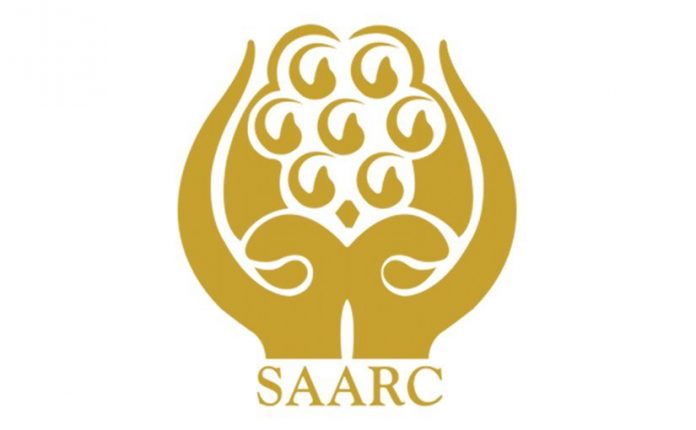ISLAMABAD: SAARC CCI Senior Vice President (SVP) Iftikhar Ali Malik said that the SAARC, a regional organisation cannot progress in isolation and called to strengthen the means for practical engagement with other Asian countries and with selected international organisations in particular, for the development efforts in the region.
Speaking at a function organised by the business community, SAARC chamber’s Senior Vice President Iftikhar Ali Malik said the SAARC nations must not hesitate to build new structures and mechanisms, to enable SAARC to attain its full potential,” says a press release issued here Monday.
He said that it was time to find out partners from the Association of Southeast Asian Nations (ASEAN) since it is home of about 550 million people whose living standard is rising with the passage of time.
Highlighting the trade volume of SAARC member states with Southeast Asian countries, he said India has trade worth more than $12 billion with ASEAN, while Pakistan’s trade stands at about $2 billion and that too is in favour of the member states.
He said the trade volume of Pakistan with these states should have been at least $5 billion.
He also said South Asian region should also strengthen trade relations with The Economic Cooperation Organization (ECO), a Eurasian political and economic intergovernmental organization which was founded in 1985 in Tehran.
“Meaningful trade in the region cannot take place without better cooperation on transport, infrastructure and connectivity among the member states,” he said.
“Central Asia has emerged as a Trans-Eurasia land bridge, and oil and gas pipelines are linking our markets with the rest of the world,” he observed.
He emphasized the importance of empowering the economy in the rural areas of the countries said that the economic progress should filter down to the village level and touch the community at all levels.
He said that businessmen of SAARC member states can influence their respective governments and advise them on how to make trade and economic relations better.
























